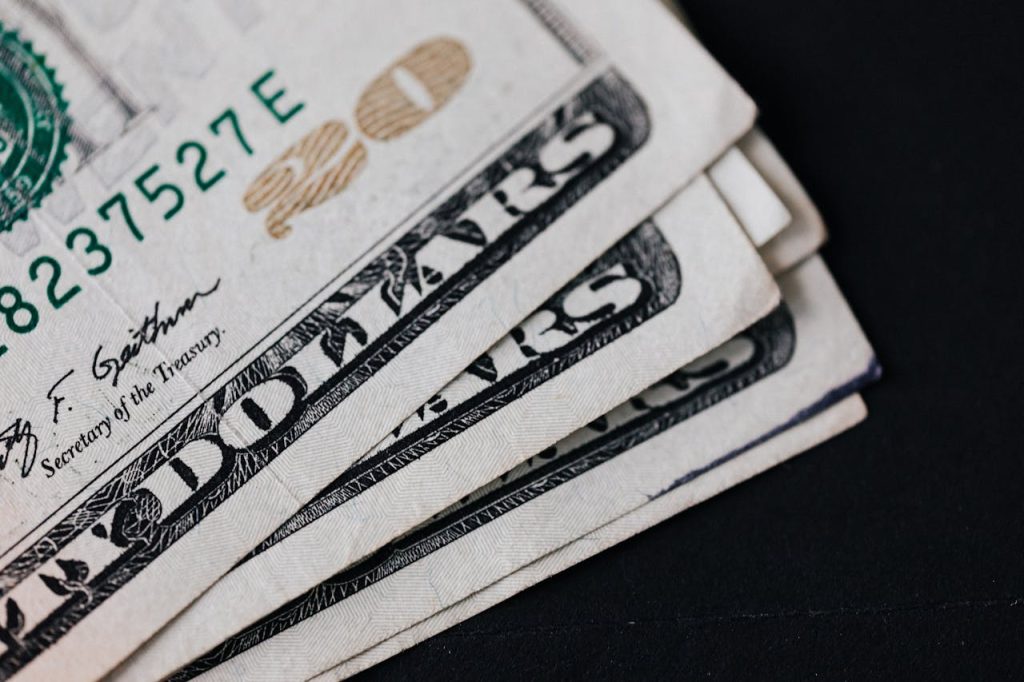
When you open a joint bank account, you’re trusting someone else with your money. That trust can make life easier. Bills get paid. Savings grow together. But what happens when both account owners fall for a scam? Joint account scams are more common than you might think, and the fallout can be messy. If you share an account with someone, you need to know what’s at risk and how to protect yourself. Here’s what really happens when joint account owners fall into scams together—and what you can do about it.
1. Both Owners Are Responsible for Losses
When joint account scams occur, the bank holds both owners equally responsible. It doesn’t matter who clicked the link or gave out the password. If money leaves the account, both names on the account are on the hook. This can feel unfair, especially if only one person made the mistake. But banks treat joint accounts as shared property. If a scammer drains your savings, you both lose. This is why it’s so important to talk openly about online safety and set ground rules for how you use the account.
2. Recovery Can Be Complicated
Getting your money back after a joint account scam isn’t simple. Banks have strict rules about fraud. If you both authorized a payment—even by accident—the bank may not reimburse you. Some banks will help if you report the scam quickly and can prove you were tricked. But if both owners fall for the same scam, it’s harder to argue that you were victims. You may need to file a police report or work with your bank’s fraud department. The process can take weeks or even months.
3. Trust Issues Can Damage Relationships
Money problems are stressful. Joint account scams can make things worse. If both owners fall for a scam, blame can start flying. One person might feel more responsible, or both might feel guilty. This can lead to arguments, mistrust, and even the end of friendships or marriages. It’s important to talk honestly about what happened. Focus on fixing the problem, not pointing fingers. If you can, work together to set up new safety habits. This helps rebuild trust and keeps your money safer in the future.
4. Scammers Target Joint Accounts for a Reason
Scammers know that joint accounts often hold more money. They also know that two people might not always communicate about every transaction. This makes joint account scams attractive. A scammer might send fake emails or texts to both owners, hoping that at least one will respond. Or they might use information from one owner to trick the other. The more people involved, the more chances a scammer has to get in. That’s why it’s smart to set up alerts for every transaction and check your account often.
5. Legal Action Is Rare, but Possible
Most joint account scams don’t end up in court. But if a lot of money is lost, or if one owner accuses the other of being involved, things can get legal fast. Sometimes, one owner might sue the other for negligence. Other times, both might need to testify if the scammer is caught. Legal battles are expensive and stressful. It’s better to prevent problems by setting clear rules for how you use the account. If you’re worried about legal risks, talk to a lawyer who understands joint account scams and financial fraud.
6. Your Credit and Financial Future Can Take a Hit
If a scam drains your joint account, you might miss bill payments or bounce checks. This can hurt your credit score. If you share other accounts or loans, both owners could face late fees or higher interest rates. Some scams even involve identity theft, which can ruin your credit for years. To protect yourself, freeze your credit if you think your information was stolen. Always monitor your credit reports for suspicious activity.
7. Prevention Is Your Best Defense
The best way to handle joint account scams is to avoid them in the first place. Use strong, unique passwords and change them often. Set up two-factor authentication if your bank offers it. Never share account details over email or text. Talk with your co-owner about suspicious messages or calls. Agree to check with each other before making big transfers. And always keep your contact information up to date with your bank. These simple steps can stop most scams before they start.
8. What to Do If You’re Caught in a Joint Account Scam
If you realize you’ve fallen for a joint account scam, act fast. Call your bank right away and freeze the account if possible. Change your passwords and review recent transactions. File a report with your local police and the FTC. Let your co-owner know what happened so you can work together. The sooner you act, the better your chances of recovering lost money and stopping further damage.
Shared Accounts, Shared Risks: Stay Alert Together
Joint account scams don’t just hurt your wallet—they can strain relationships and damage your financial future. When you share an account, you share the risks. Stay alert, talk openly, and set clear rules for how you use your joint account. Protecting your money is a team effort, and it starts with trust and good habits.
Have you or someone you know experienced a joint account scam? Share your story or tips in the comments below.
Read More
7 IRS-Style Threat Scams Still Confusing Homeowners This Year
Amazon Drivers Are Warning Shoppers About These 5 Dangerous Package Scams
The post What Happens When Joint Account Owners Fall Into Scams Together? appeared first on The Free Financial Advisor.







